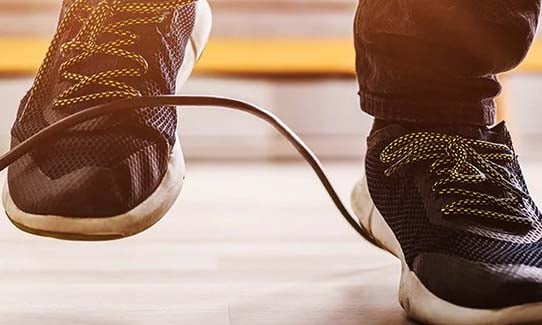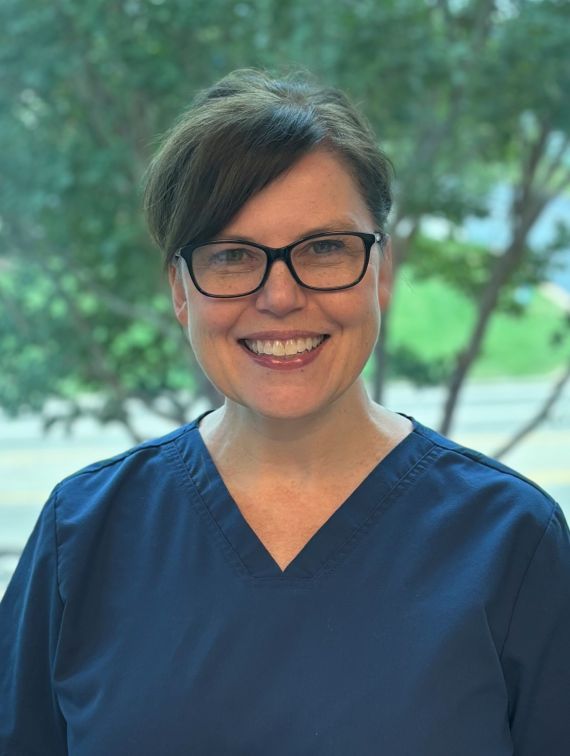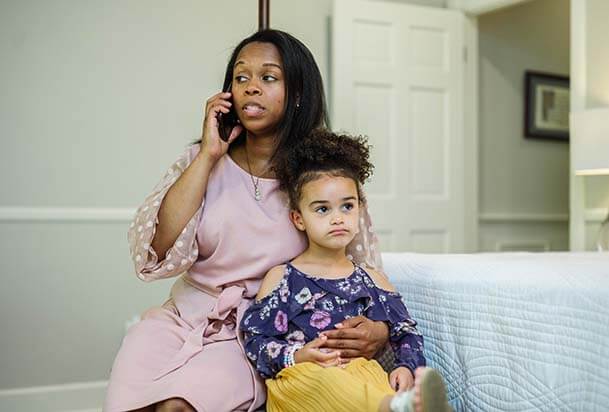

Feb 04 2022
Don't Get Tripped Up by a Fall


Summary
If you notice these tendencies in your loved one, he or she may be at risk for a fall.
“HELP! I’ve fallen and I can’t get up!®”
This popular, albeit a bit humorous, vintage Life Alert® ad might sound familiar. It’s not as entertaining, however, when it’s a loved one who is calling out for help.
Falls among the elderly are common. If you have a loved one who has experienced a fall, there are things to be aware of aside from the effects of the fall itself.
Statistics reveal that:
- 28-35% of adults over age 64 fall each year
- 32-42% of adults 70 and older fall each year
- 80% of falls occur during the day
- Nighttime falls typically occur during bathroom visits
- 80% of patients diagnosed with dementia fall annually
Geriatric research has revealed that these falls can be attributed to more than just physical decline.
Cognition is a complex word that refers to the skills we use for thinking. Cognitive decline is normal and typical as we age. There is fascinating research to support how the brain ages. Functions related to cognition or thinking are varied and complex.
One component of cognition that is related to falls is executive functions. Executive functioning is the highest of all thinking skills. This is not just one skill, but rather a group of many skills that are used to complete tasks during our daily living. For adults, the skills that are often related to a fall include attention, task planning, judgment, working memory, response inhibition and self-awareness. Additionally, and ironically, the fear of falling itself can actually contribute to a fall.
Some predictors that may point to a potential fall include:
- Reduced rate of speed while walking
- Frequent stopping while walking
- Common loss of balance
- Poor physical performance during tasks requiring increased mental or movement demands, like carrying a tray or texting on the phone while walking
If you notice these tendencies in your loved one, he or she may be at risk for a fall. Talk to his or her primary care provider about referral to a physical therapist who can address balance, coordination and dual tasking with movement. In addition, encourage your loved one to sharpen their thinking skills with activities like crossword puzzles, jigsaw puzzles, Sudoku, reading, social engagements or games such as bridge and dominoes.
These seemingly mundane tasks can help keep these high level skills at their best when done consistently, barring no other health barriers. Aging is inevitable, but as Abraham Lincoln said, “It’s not the years in your life that count. It’s the life in your years.” Research on aging and applying that research can truly help us make the most of the “life in our years.”


Melissa Dodson, MS, CCC-SLP
Melissa Dodson is a speech-language pathologist with North Mississippi Medical Center’s Rehabilitation Institute, primarily working with adult neurology patients. Melissa holds a bachelor’s degree in speech-language pathology from Mississippi University for Women in Columbus and a master’s degree in communicative disorders from the University of Mississippi in Oxford. She has practiced as a speech-language pathologist since 2000 and joined the NMMC staff in 2006.
When illness or injury make doing the things you love difficult, North Mississippi Medical Center can help. Discover the power and possibilities of rehabilitation.

Subscribe to Our Newsletter
Like this content and want to get more? Sign up for True North, the health and wellness newsletter from North Mississippi Health Services!

Subscribe to Our Newsletter
Like this content and want to get more? Sign up for True North, the health and wellness newsletter from North Mississippi Health Services!

Nurse Link®
Call 1-800-882-6274 anytime to speak directly to a registered nurse and get immediate answers. Using computerized medical protocols, nurses direct callers to the most appropriate medical treatment. Our nurses are available 24 hours per day, seven days per week.